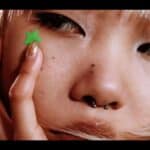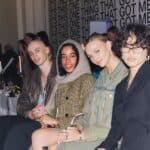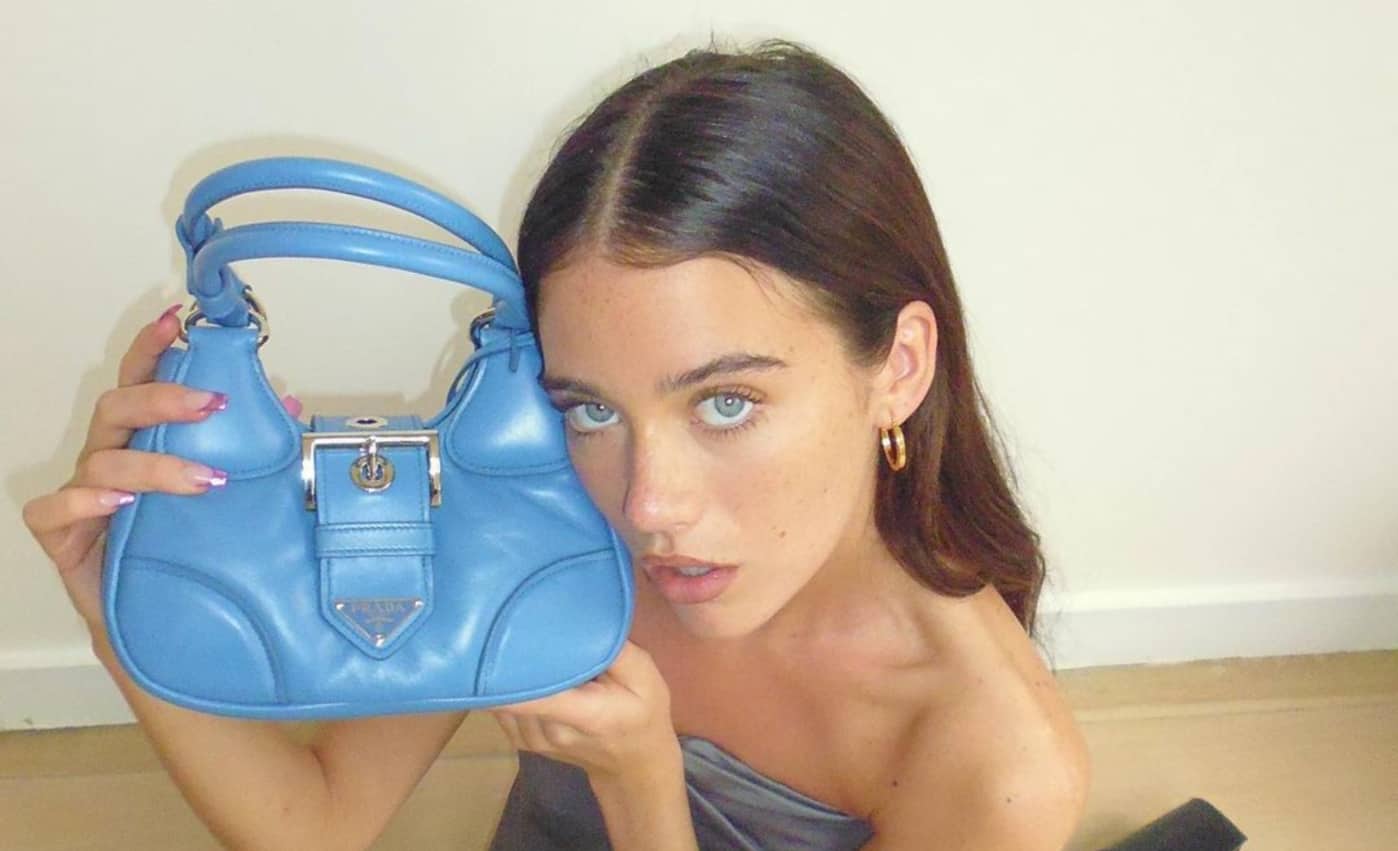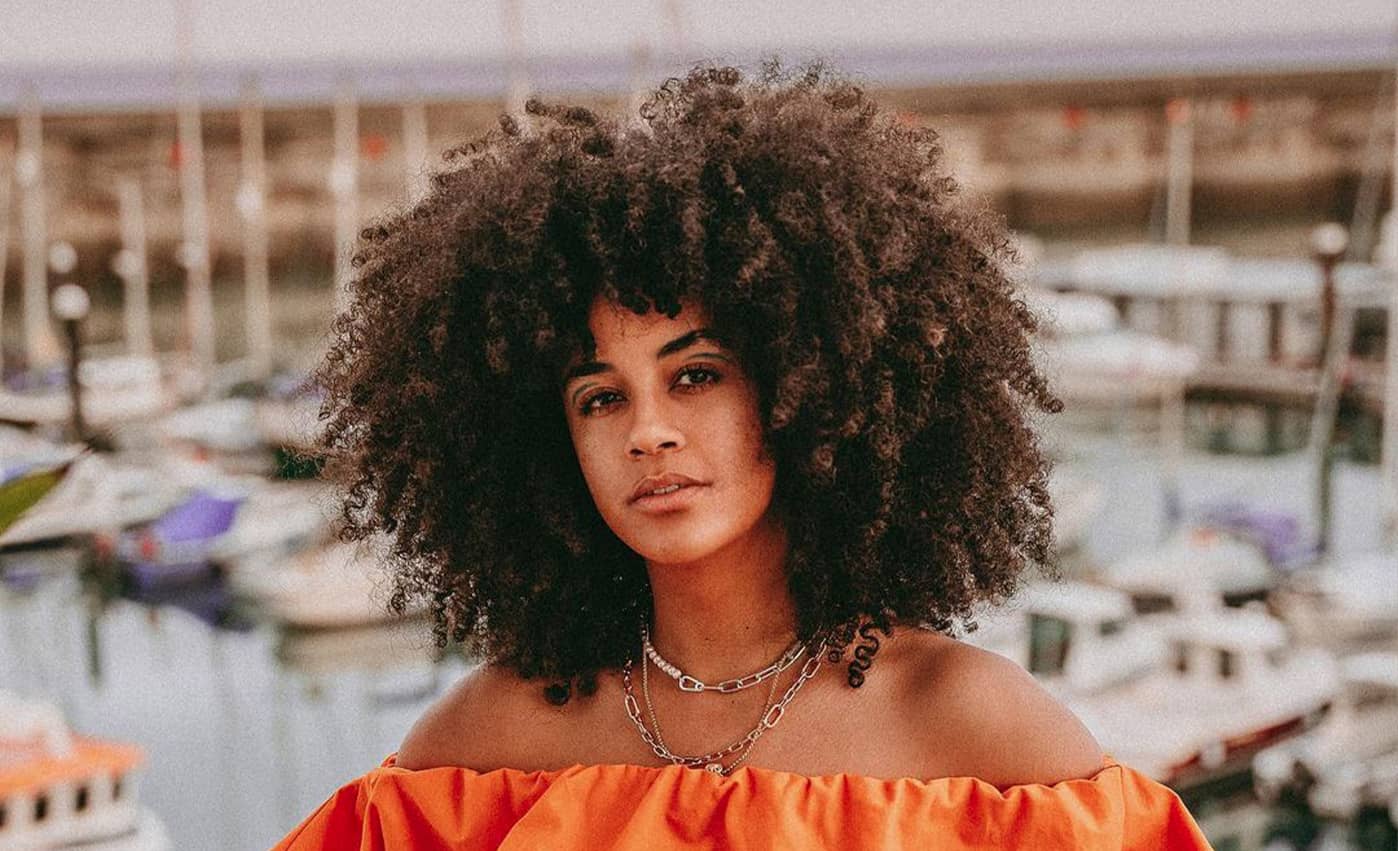Creators have been calling out brands on Instagram and YouTube for years and now younger generations are taking to TikTok to name the companies they would never collaborate with on sponsored content and call out businesses’ “shady behaviour”.
This movement has been gaining momentum on TikTok since late 2023. Just see US-based TikToker Monica Ravichandran, who has been open about the brands she won’t work with, products she hates and campaigns she has turned down. In January, US-based creator Abbey Yung exposed shady brand deals she has been offered, including specifying the misleading phrases companies wanted her to say in the ads. Her video has had more than 1.9 million views and her goal is to “hopefully encourage all brands to take an honest look at their marketing claims and evaluate whether they’re truly honest or not”.
Inspired by Yung’s video, UK-based TikToker MaggieA opened up about her experiences with companies that wanted her to make false claims about their products. The video has had more than 1.6 million views, and the second part has surpassed 407,000 views. Beauty vlogger Soph (Soph Does Life) joined the movement and revealed that one brand told her she wasn’t allowed to alter her physical appearance – including gaining weight, changing her hair colour or getting tattoos – throughout the partnership. She said another company wouldn’t pay her unless the ad reached a certain amount of views.
The two creators didn’t specify any corporations in their content, but body positivity creator Nelly London jumped on the trend and said: “Obviously I will be naming and shaming.” One example she gave was that she met with an agency a few years ago and had made it clear that she wasn’t interested in being managed at the time. Nelly alleged that following the call, the company “pretended to represent her” and had agreed for her to make sponsored content for a fast fashion brand. The agency apologised for the incident but she noted: “It was a pure deceitful lie on their part.”
You may also like
Another trend that’s gaining traction is called “brands I would never work with”. In a TikTok with more than ten million views from March, Canada-based creator Spencer Barbosa explained the types of corporations she wouldn’t collaborate with, regardless of how much they paid her. This included Shein and flat tummy tea products. UK-based TikToker Naema (UGC by Naema) will not collaborate with online contact lens companies and “buy now pay later” apps such as Klarna, while fashion creator Sinead Biddlecombe named Beauty Works (for being rude to her when she did a gifted collaboration with the brand), Lovehoney, HelloFresh (because its portions are too small) and skincare brands such as Clearasil.
Brands that are rude to creators or their customers, have unethical practices or include questionable requirements in their contracts shouldn’t be surprised when they’re called out. Let this be a warning and a reminder to be better and listen to influencers’ feedback. After all, TikTok moves fast and if a creator’s video goes viral it could mean the loss of thousands of customers.
The bottom line? Influencers aren’t afraid to alienate brands or lose paid work when their values don’t align with the business. They would rather be transparent about their careers and brand deals, which makes them appear more authentic and genuine to their followers – a potential short-term hit in exchange for long-term gain.
By Caroline Edwards, CORQ news and features writer. Picture credit: MaggieA (maggieanne.n), Naema (UGC by Naema) and Spencer Barbosa via TikTok










